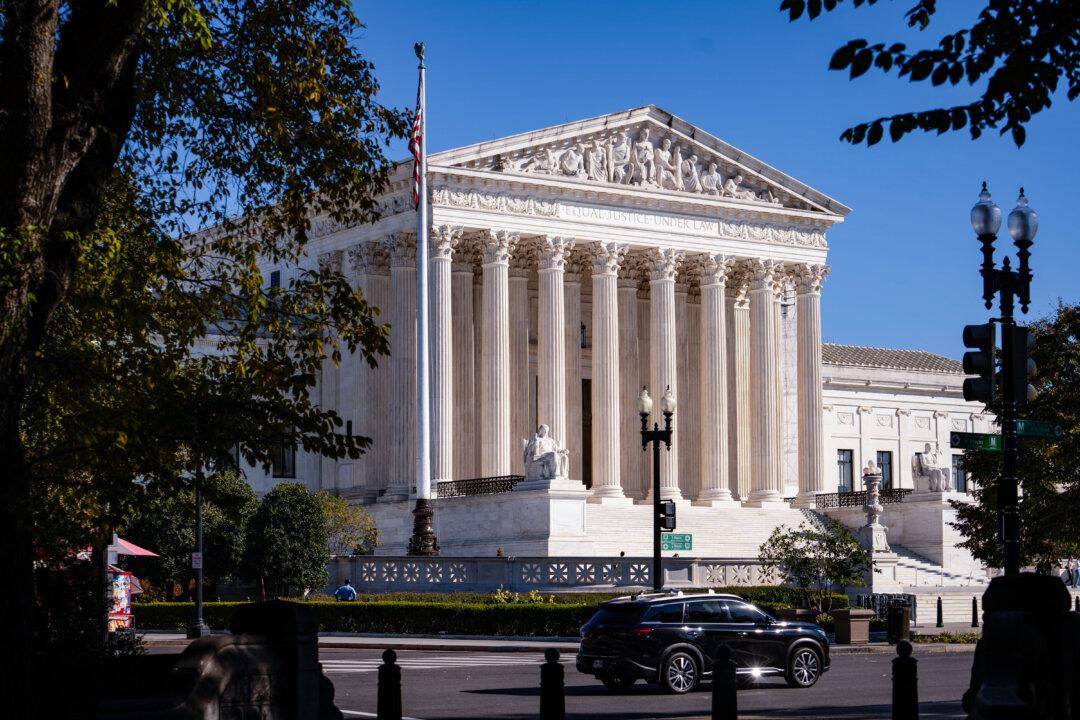The U.S. Supreme Court on Nov. 25 rejected an appeal from tobacco companies that alleged a federal regulatory rule requiring larger warnings on cigarette packages was unjustified and unconstitutional.
The justices did not explain their decision to turn down the appeal from R.J. Reynolds Tobacco Company and other tobacco companies. The move means that the U.S. Food and Drug Administration (FDA) rule is poised to take effect.





